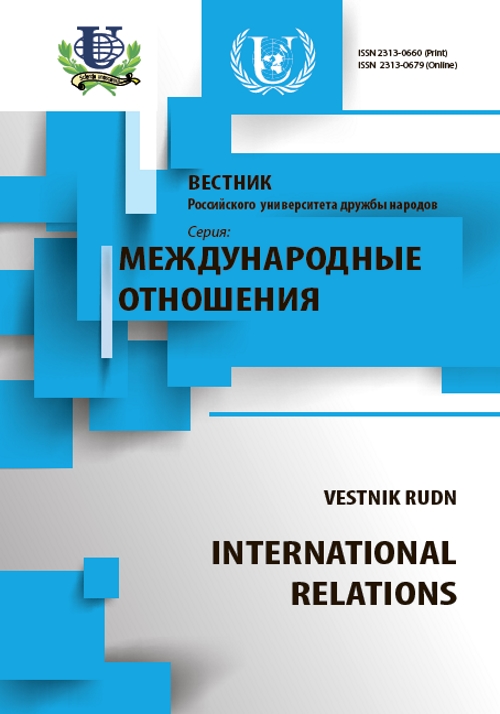South-South Cooperation, North-South Aid and the Prospect of International Aid Architecture
- Authors: Huang M.1
-
Affiliations:
- Xiamen University
- Issue: No 1 (2015): East Asia: the rise of the PRC, development cooperation, partnership with the Russian Federation
- Pages: 24-31
- Section: ARTICLES
- URL: https://journals.rudn.ru/international-relations/article/view/10366
- ID: 10366
Cite item
Full Text
Abstract
South-South Cooperation (SSC) and North-South Aid (NSA) arise from different historical conditions and there are great differences between their philosophies, principles and paradigms. Against the background of a changing global environment, developed countries realized that the original development aid architecture must be reformed on one hand, and that developing countries are increasingly important in the aid architecture on the other. Hence, Western donors began to rethink their aid principles and methods, and accepted the concept of development effectiveness gradually, an attempt to establish global development forum and global partnership including emerging donors, beneficiary countries, civil society and the private sector. Nevertheless, being developing countries themselves, emerging donors are faced with unsolved domestic poverty issues and imperfect aid management institutions, which means that the emerging donors are unable to take a dominant position in the current aid architecture. Hence, the future dialogue and cooperation between traditional and emerging donors should feature the principle that the responsibilities taken by each party are collective but not identical, with developing countries bearing the main responsibilities in promoting poverty reduction and economic development in developing countries. They should be mutually tolerant about the different philosophies and share useful experiences. Moreover, emerging donors should promote development capacity building in recipient countries through win-win cooperation and solve their domestic development issues at the same time.
About the authors
Meibo Huang
Xiamen University
Email: mbh841123@163.com
China Institute for International Development
References
Supplementary files










